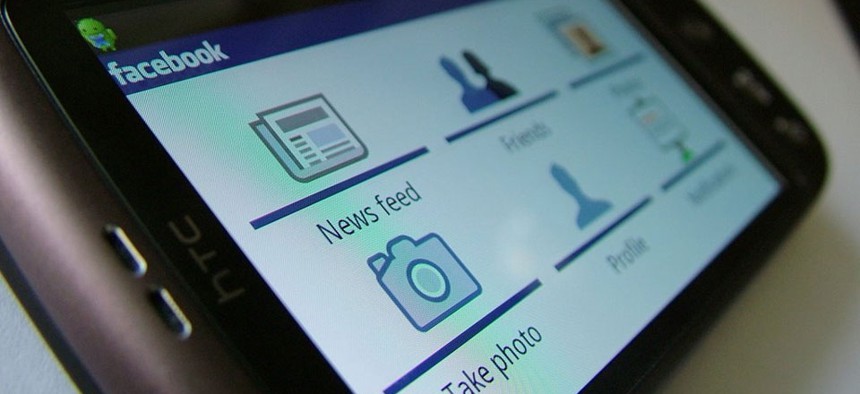How Much Good Will Facebook's Internet-for-Everyone Plan Do?

Flickr user babyben
Social media giant and telecom companies are trying to connect 4 billion.
Facebook along with six other telecom and tech companies has unveiled a grand plan to bring Internet connectivity to the 4 billion humans who don't yet have access, a move that "tries to pair humanitarian goals with the profit motive," as The New York Times's Vindu Goel explains it. You can read all about the plan here, and watch a video, complete with JFK speech voiceover, about it at Internet.org, the effort's online home. The idea sounds incredible. But that's about as far as this dream goes. Much like Elon Musk's Hyperloop, the devil is in the details. I's not exactly clear how Zuckerberg and co. have a plan to get the Internet to the untethered masses or if it's the best way to do so.
But set that aside for a second: what is the humanitarian goal these for-profit organizations are trying to attain? In a paper called "Is Connectivity a Human Right?" we get a "rough outline" of how the group plans on getting Internet everywhere:
- Making internet access affordable by making it more efficient to deliver data.
- Using less data by improving the efficiency of the apps and experiences we use.
- Helping businesses drive internet access by developing a new model to get people online
The report then elaborates on the making the Internet more efficient part, which is the important part it ensures the following: "If the industry can collectively make progress here, then it is possible for operators to build even more profitable models while offering data at significantly lower costs per megabyte." (Emphasis ours.) All of the technical improvements — like stronger signals, cheaper caching, and getting the government to allocate spectrum "more efficiently" — have to not just maintain, but increase profit margins for those involved. What doesn't get much discussion is what benefit the 4 billion people Facebook hopes to connect will get from all this. Even that is cast in business benefit. "Giving everyone the opportunity to connect is the foundation for enabling the knowledge economy."
NEXT STORY: 3D Printing Goes Mainstream Retail





